Ooops, we did it again. A new album… Available on Bandcamp:
Ooops, we did it again. A new album… Available on Bandcamp:

Der Begriff der Zeit hängt von der Sprache, die wir benutzen, um die Zeit zu beschreiben. Was passiert mit ihr, wenn wir eine Sprache sprechen, die kein gestern und kein morgen kennt? In der Zeit nicht vergeht sondern stehen bleibt? Und wenn die Zeit stehen bleibt, was passiert dann mit dem Tod? Der Tod ist also eine linguistische Frage. Und darüber handelt unser Album, das bald erscheint. Hier der erste Track. Seducing the Swan.
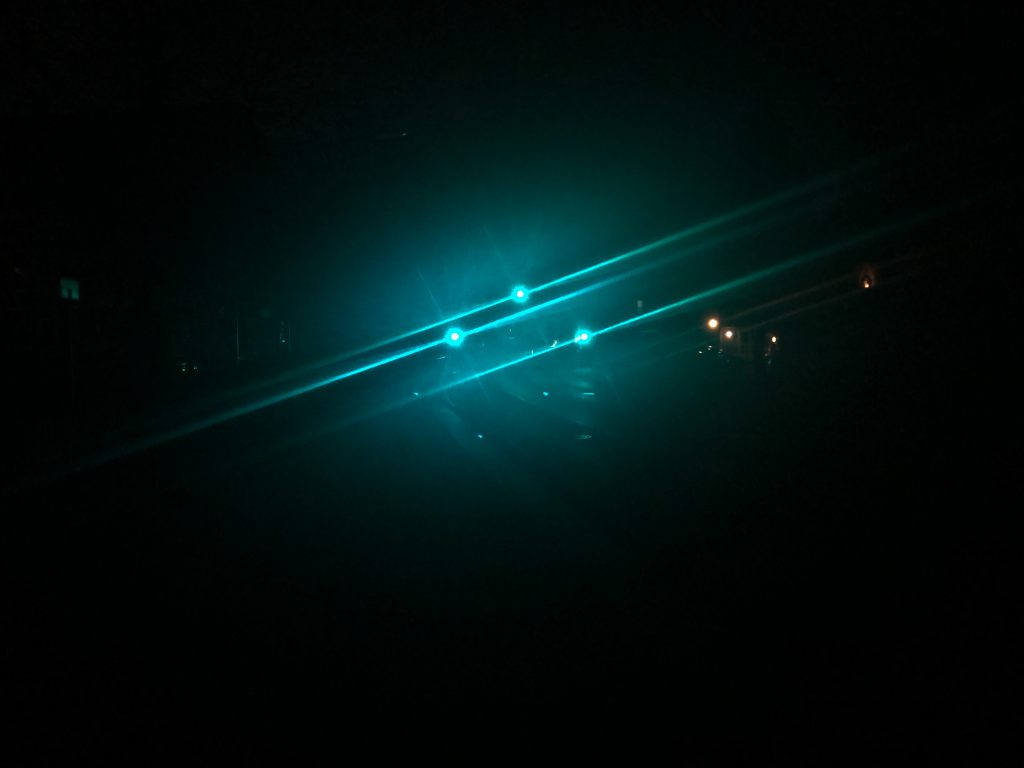
Bitte beim Duschen singen.
Der Mond war magisch. Aber nicht so magisch, wie ich es erwartet hätte.
Also ging ich spazieren. Ein Spaziergang tut immer gut. Ich ging auf der Straße.
Plötzlich, ich weiß es nicht, hinter der Ecke.
Dunkel.
Dunkelheit.
Alles aus.
Strassenlaternen, die Sterne, die rote Ampel.
Ich weiß auch nicht, ob es was mit dem Mond zu tun hatte.
Alles
Dunkel.
Dann flackerte alles auf. Ganz kurz.
Vielleicht des Virus´ wegen?
Weil doch alles wie immer war.
Menschen laufen auf den Straßen, wie sie immer liefen.
Treffen sich. Bleiben kurz stehen. Reden.
Autos fahren. Wie immer.
Und doch war etwas anders. Und für den ersten Augenblick ist es schwierig zu sagen, was.
Eine Verschiebung der Realität. Eine neue Interpretation.
Auch neue Symbole. Und eine ganz neue Semiotik.
Neue Zeichen. Der Sprache und der Körper.
Aber wenn man sich beeilt, sieht man es nicht.
Und wenn man in den Wald geht, ist alles wie immer.
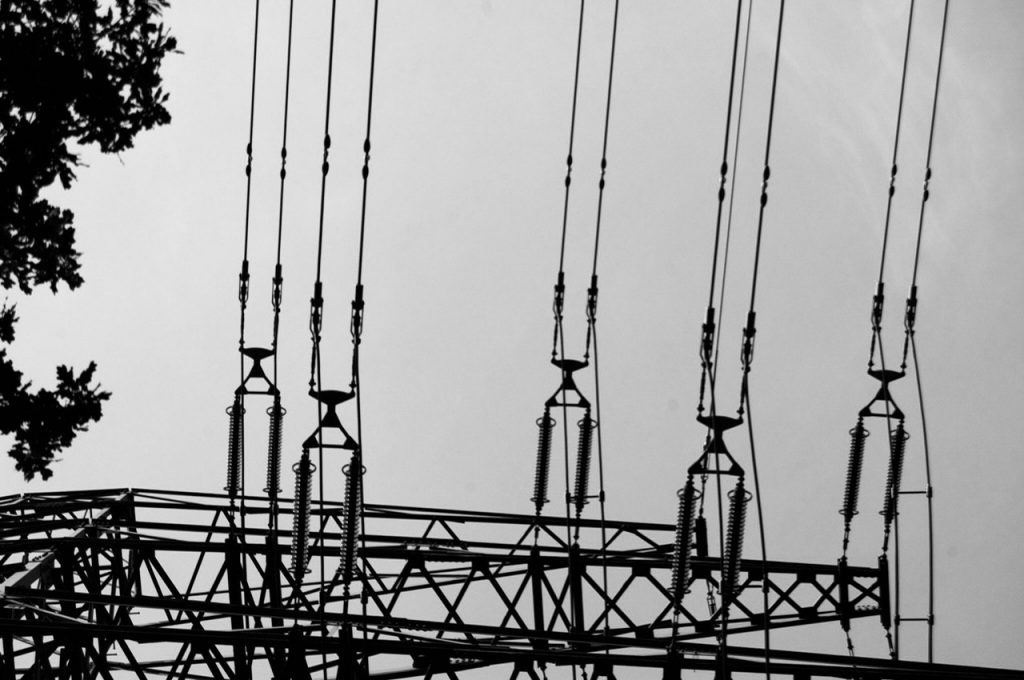
It’s kind of confusing but in the last years I’ve been unstable concerning my view of where to go with my music setup: going the Software path or going the Hardware one. Or choosing some way in between.
Lately I’ve been thinking a lot about the fun it is to play sessions with instruments and expanding my Hardware setup. Enjoying the moment, finding peace and forgetting about the recording process seems to be easier when you have a stable selection of physical instruments.
It’s cool to have a portable setup and you can do a lot in a good digital audio workstation but sometimes it lacks the fun, the somehow spiritual event of letting go. You’re in your head, while with “real” instruments you are more with your heart. The knobs, the keys, the strings. It’s an experience you can’t reproduce and it’s easier to be in the moment.
On the other hand: it’s expensive and you’ll need more space.
I’m curious: what is your point of view?
©Nystada
Find more posts following nystada.com.
New releases by nystada. Here:
A new zenvampires cooperation by Nystada and Yuki K. Here:
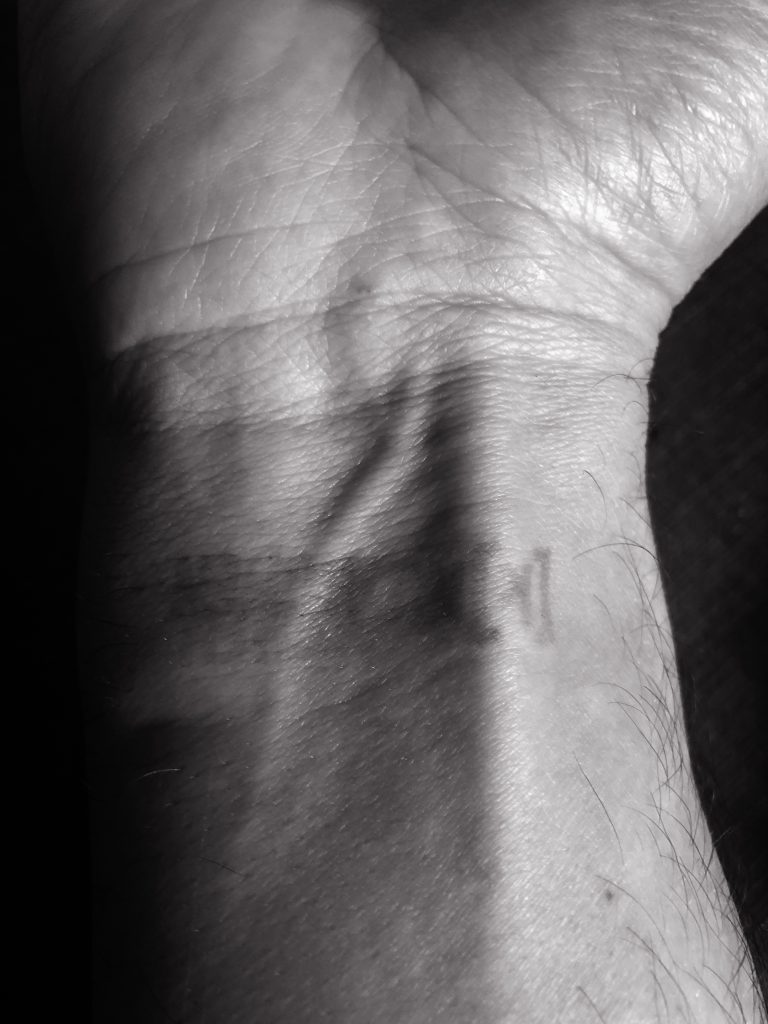
When Graham Harman writes on, the ‘four’ in ‘Quadruple Object’, he says, four is a very important figure in philosophical studies. It describes tensions in objects. When we use four in order to describe the world, we are also able to describe tensions in objects around us.
The problem I have with that book is that it’s more literary criticism (mostly criticism of Husserl and Heidegger) than a description of philosophical problems. The object (quadruple or not) is trapped between the fonts and ideas. But it doesn’t exists. I have read about trees and horses but the author didn’t show me one of those entities.
But this shouldn’t be about a book. We (nystada and I) have visited four concerts during the Klubkatarakt festival in Hamburg. And this is about our impressions. And they are… various.
Ok, i can use Harman’s model and say, when if each concert is an entity (it is, the orchestra is and the audience is definitely), I will be able to say, there was a tension between all four concerts. Or I can say, there was a tension between the artists and the audience. Or I can go further and say, there was a tension between the organizer, the city, the artists and the audience. But there was any. There definitely was some. And Harman’s model describes anything (ok, maybe the tension between him, his book, Husserl and Heidegger —> why so much H’s). And I’ll speak about his book later.
Now the concerts. On Thursday we saw two of them.
It was funny, because I didn’t recognise that noises from outside weren’t not field recorded tunes, but even sounds from the street.
We have listened to Ellen Arkbro’s Chords for Brasse played by Ensemble Zinc & Copper. It was good, brass instruments are able to play each note very long and it’s possible to hear it. But on the other hand I’m not sure if even those instruments are not to powerful to play her music. You can meditate about the harmony but maybe the impression is to intensive using brasses.
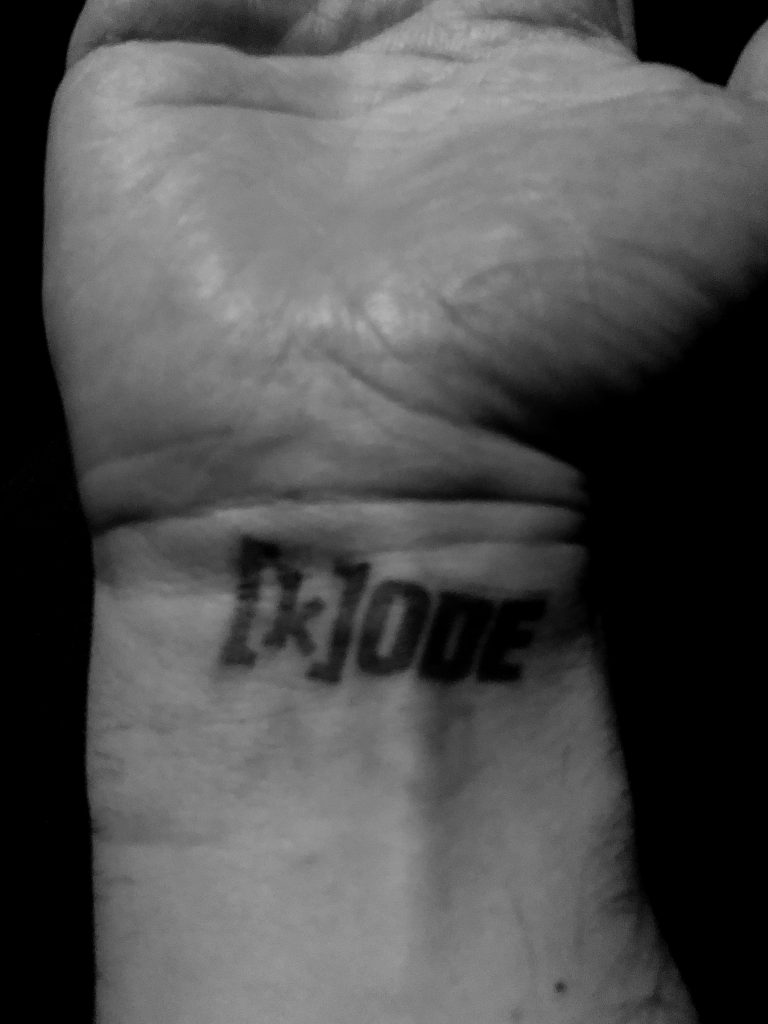
During the second concert we saw Ellen Arkbro and her Chords for guitar played using an electric guitar were better. Not only every note was hearable but also strings gave the music something… fragile. And this fragility was also beautiful in between the tunes and sounds and harmonies and the guitar. All four entities.
There were two other concerts, we visited. On the second day. And they were… not so good. The legendary Splitter Orchestra played together with The Pitch Frozen Orchestra. And it was a mistake. Not the concert, it was good, but the sequence. If Harman writes on quadruple object, Cassirer will say that art is a kind of rhetorical dialogue. The creator tries to convince the audience. He presents something, no matter which aesthetic we like. He tries to tell us something. It was about repetition. And again Harman, who believes time is linear. It’s Kants idea and it isn’t correct. The time is sometimes circulating. Sound comes and goes and it comes again. And sometimes the audience has to face a wall of sounds. And The Splitter Orchestra did so good that we weren’t able to face any sound after. And this was a problem.
There was a fourth concert. Because all good things in philosophy are four. And we have tried to listen Morton Friedman’s Piano and String Quartet. But it wasn’t possible. Because the silence after sound walls was too massive. Too aggressive maybe. To…
We weren’t able to stay. But not only we. People left the concert person by person. At the end only a half of the audience remained.
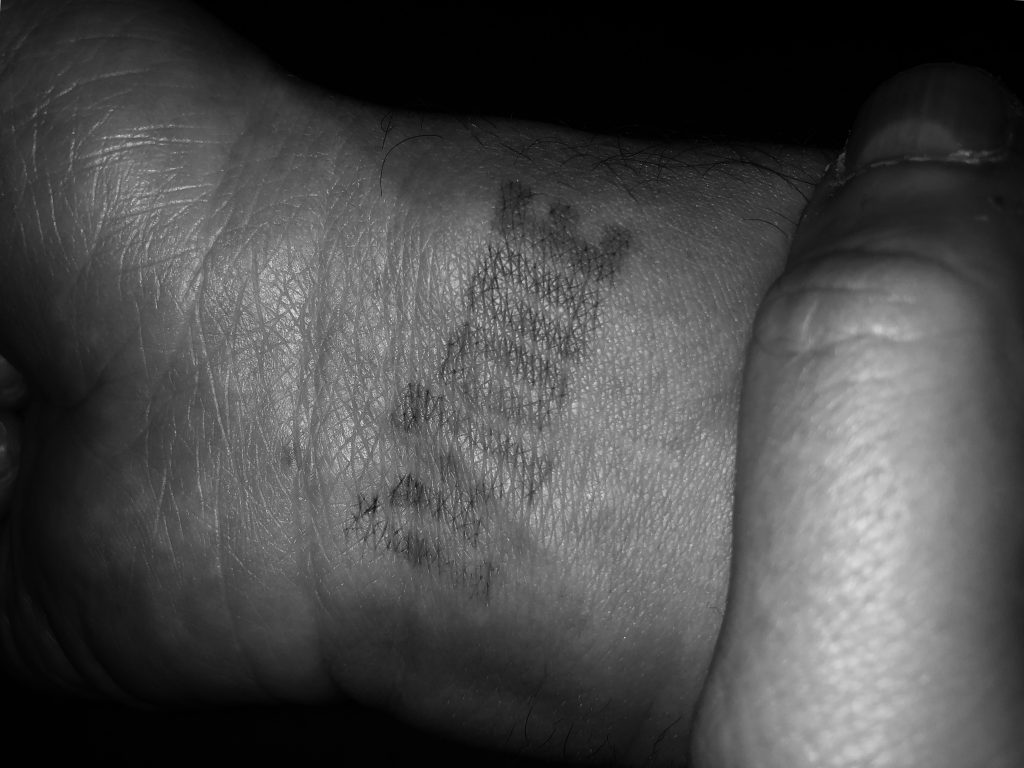
Harman says, when we look at a tree, we and the tree are the same object. He doesn’t say what happens when a half of an audience leaves a concert. Are we still a part of the object? We and the orchestra? Or we and the sound? Or maybe the sound will stay in our memories? And then it will be a sensual object only. But since his meaning of time is linear, the sound will be dead after a while.
The sound died. What remains is a memory. Not good one. But honestly, I don’t think his model can really describe the world. The sound does.
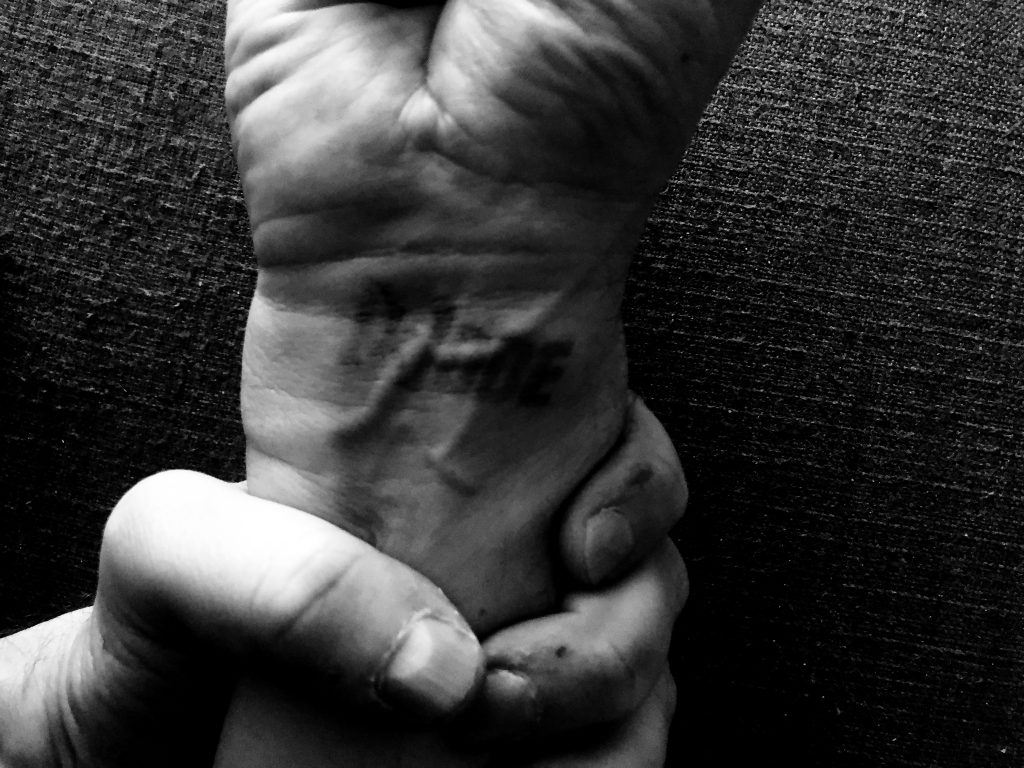
The new album comes 2020. But there is a new release. Panic. Number ten.
Panic8. Sometimes it can be only panic8. On SoundCloud.